Welcome to our Tuesday show! Our host Kerby Anderson will be broadcasting remotely from the GNN Augusta affiliate, station WLPE. To begin, Kerby speaks with Thomas Albert Howard about politics, history, religion, and his book, Broken Altars. In the second hour, Kerby will discuss textbook bias, the origin of our rights as citizens, and more.
Please contact us on Facebook at facebook.com/pointofviewradio with any comments.
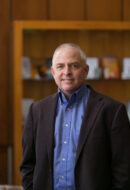
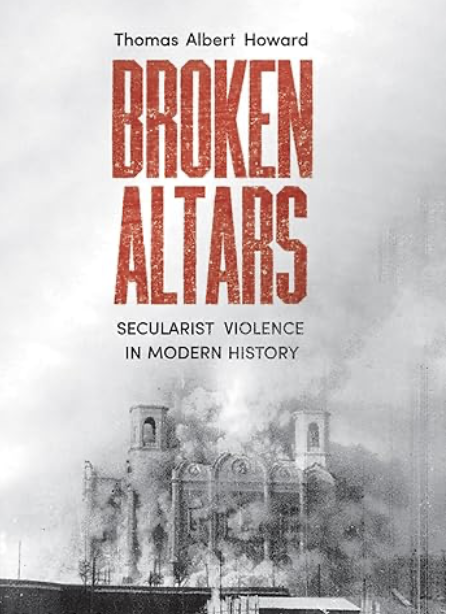
A popular truism derived from the Enlightenment holds that violence is somehow inherent to religion, to which political secularism offers a liberating solution. But this assumption ignores a glaring modern reality: that putatively progressive regimes committed to secularism have possessed just as much and often a vastly greater capacity for violence as those tied to a religious identity. In Broken Altars, Thomas Albert Howard presents a powerful account of the misery, deaths, and destruction visited on religious communities by secularist regimes in the twentieth century.
Presenting three principal forms of modern secularism that have arisen since the Enlightenment—passive secularism, combative secularism, and eliminationist secularism—Howard argues that the latter two have been especially violence-prone. Westerners do not fully grasp this, however, because they often mistake the first form, passive secularism, for secularism as a whole. But a disconcertingly more complicated picture emerges with the adoption of a broader global vision. Admitting different species of secularism, greater historical perspective, and case studies drawn from the former Soviet Union, Turkey, Mexico, Spain, Czechoslovakia, Albania, Mongolia, and China, among other countries, Howard calls into question the conventional tale of modernity as the pacifying triumph of secularism over a benighted religious past.
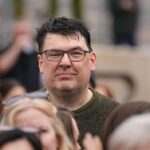



 Listen Online
Listen Online Watch Online
Watch Online Find a Station in Your Area
Find a Station in Your Area


 Watch Now
Watch Now Listen Now
Listen Now 
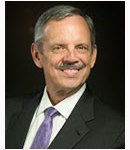
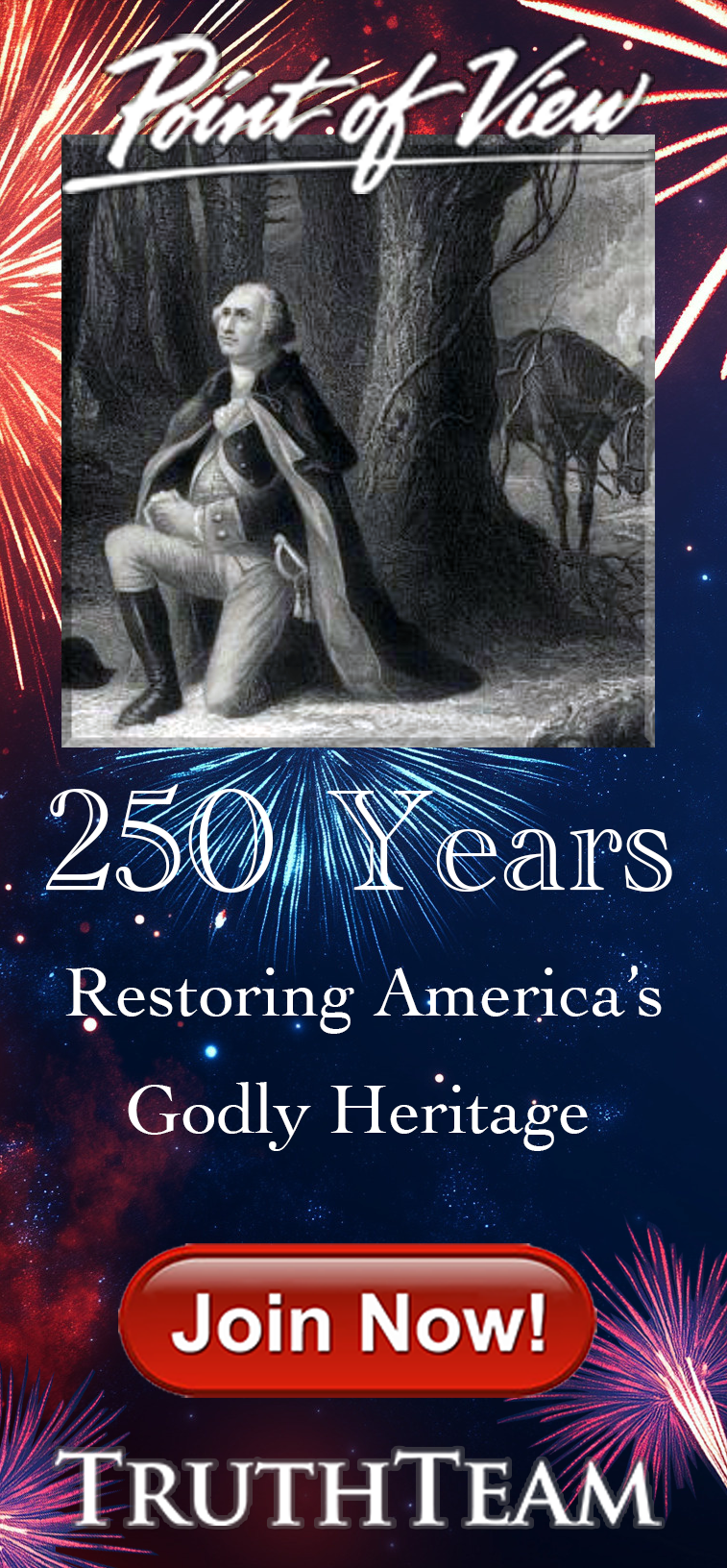






 Listen Now
Listen Now Watch Online
Watch Online
